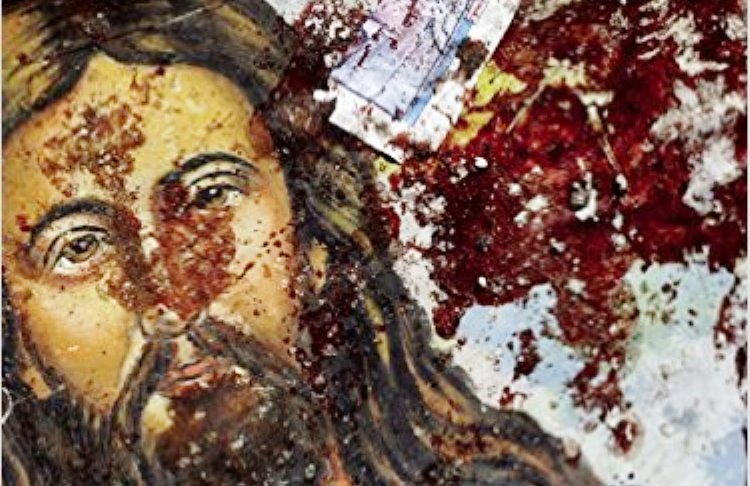
The Last Supper: The Plight of Christians in Arab Lands
Raymond Ibrahim – September 2016
Note: The following is a book review of The Last Supper: The Plight of Christians in Arab Lands, by Klaus Wivel. A shorter version of the review first appeared in the Middle East Quarterly (Fall, 2016, vol. 23, no. 4).
Danish journalist Klaus Wivel is to be commended for shedding light on an important but ignored topic, the plight of present-day, Arabic-speaking Christians. His firsthand discussions with an assortment of Christians offer helpful insights. Among these are the cultural differences between Copts, Greek Orthodox Palestinians, and Maronites, who are often conflated as “Mideast Christians.” His discussions with an Egyptian teacher and Iraqi politician are especially useful: Public schools in their countries have removed Christianity from history texts so that indigenous Christians are now seen as foreigners.
The book, however, ultimately fails to deliver. Its ambitious subtitle—“The plight of Christians in Arab Lands”—is misleading. Of the twenty-two Arab states, the book covers only Egypt, Lebanon, Iraq, and the West Bank-Gaza. It does not mention the chronic persecution of Christians in Syria, Libya, Saudi Arabia, Yemen, and Sudan, Arab nations where, according to a 2016 study, Christians fare far worse than the places the author visited. Lebanon—which takes up one quarter of Klaus’ account—doesn’t even receive a ranking.
In addition, the work is outdated; originally published in Danish in 2013, the genocide against Christians under ISIS receives no mention.
Finally, Wivel’s ubiquitous use of first person makes the book read more like a travel memoir. While detailed descriptions of atmospheric meetings in restaurants are well and good in some books, they come off as superfluous at best in a book on this critical topic. The following, overly dramatic account of the author’s experiences following a meeting is standard:
We say our goodbyes and walk outside; the rain in Beirut is even heavier now. As he strolls off, he uses his umbrella as a cane again. I walk down Sidani Street, past a hyperrealistic painting on the gable of a building; it depicts a bald person with full lips and an intense, friendly expression. It’s impossible to tell whether it’s a man or woman, black or white.
Such space could’ve been better utilized.
Those looking for useful and current information about “The Plight of Christians in Arab Lands” need look elsewhere.

